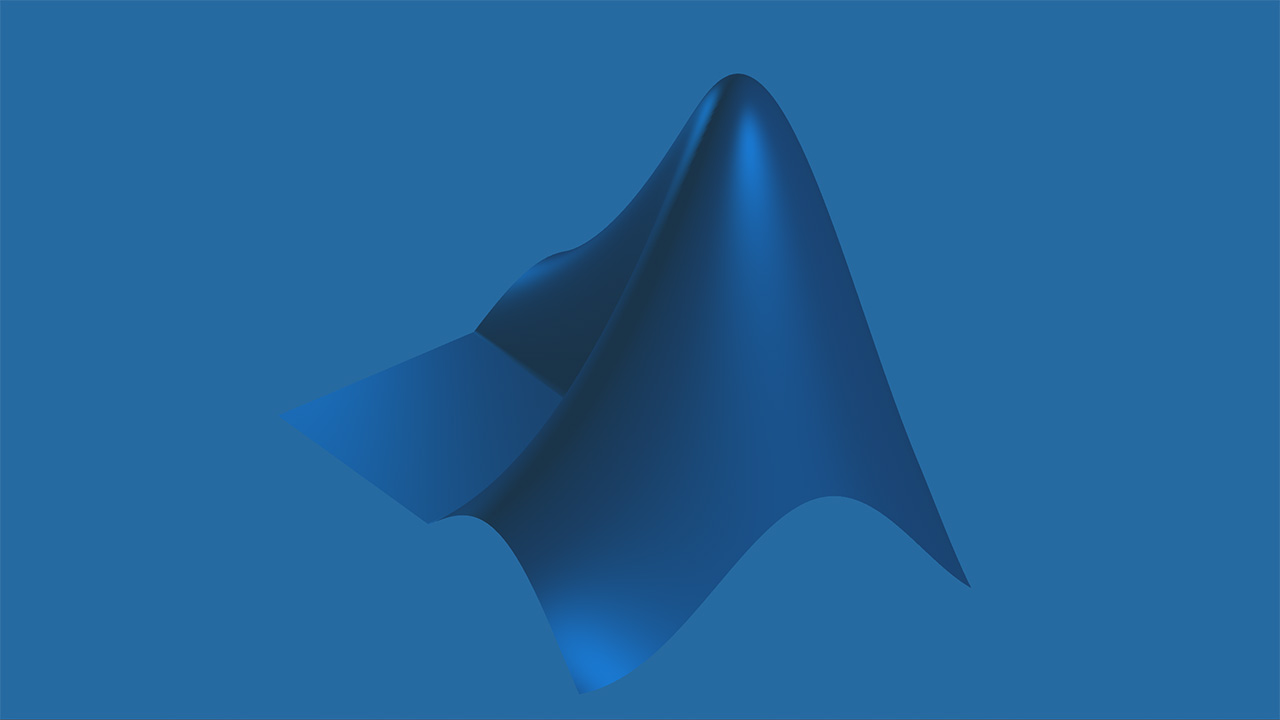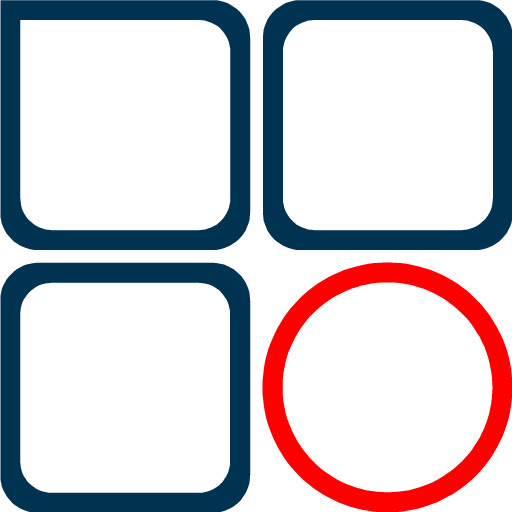Practical Course MATLAB 2

Course given by
Prof. Dr.-Ing. Georg Schmitz,
Dr.-Ing. Stefanie Dencks
Dr.-Ing. Stefanie Dencks
Course number
142223
Language
German
Credit Points
2
Hours per week
2
Click here to go to
Moodle
Contents
The students are introduced to the programming of finite difference simulations and the use of parallel programming techniques as well as the use of external functions from MATLAB on the basis of 4 different tasks (simulation of a simple ultrasonic wave propagation, image processing, steganography, DFT).
The main contents are:
- Documentation of program code and results
- Estimation of required capacities
- Use of vectors, matrices and operators
- Programming a Finite Difference Method
- Memory and runtime efficient programming
- Acceleration through parallel programming
- Profiling
- Use of the App Designer
- Deepening of the DFT
First organizational meeting
Room
ID 03/139 CIP-Pool 1
Meeting starts
14:15
Meeting ends ca.
15:45
Day of first meeting
Monday, 15.04.2024
Practical Excercises
Room
ID 03/139 CIP-Pool 1
Excercise begins
08:15
Excercise ends
09:45
Weekday
Friday
Objectives
Students have basic knowledge of MATLAB and also master specific aspects of MATLAB programming. Students have learned the essential functions and features of MATLAB in the context of relevant scientific and technical applications. Regardless of the programming in MATLAB, students have acquired the ability to translate signal processing solutions into algorithms. They are also able to implement these algorithms in MATLAB and learn to use new or previously unknown functions in MATLAB. They understand the differences between programming in MATLAB and other common programming languages, and the similarities in the formulation of algorithms. They have gained practical experience in the implementation of finite-difference algorithms and have been able to deepen their knowledge of the effective use of control structures, including parallel programming. The students are able to work together in small teams and to present their results in technical reports (also graphically).
Requirements
none
Prior knowledge
Contents of the courses practical course MATLAB 1, Mathematics 3, System Theory 2 - Signal Transformations
Literature
- Taflove, A. “Computational Electrodynamic”, None, 1995
- Erhardt, A. “Einührung in die Digitale Bildverarbeitung: Grundlagen, Systeme und Anwendungen”, Vieweg+Teubner, 2008
- Angermann, A., Beuschel, M., Rau, M., Wohlfahrt, U. “MATLAB – Simulink – Stateflow: Grundlagen, Toolboxen, Beispiele (Bd. 8)”, De Gruyter Oldenbourg Verlag, 2014
- Inan, U.S., Marshall, R.A. “Numerical Electromagnetics: The FDTD Method”, Cambridge University Press, 2011
Miscellaneous
The course is organized via the E-Learning Portal Moodle of the Ruhr-Universität Bochum. You will receive further information in the mandatory preliminary meeting on 04/15/2024 at 2:15 pm.


